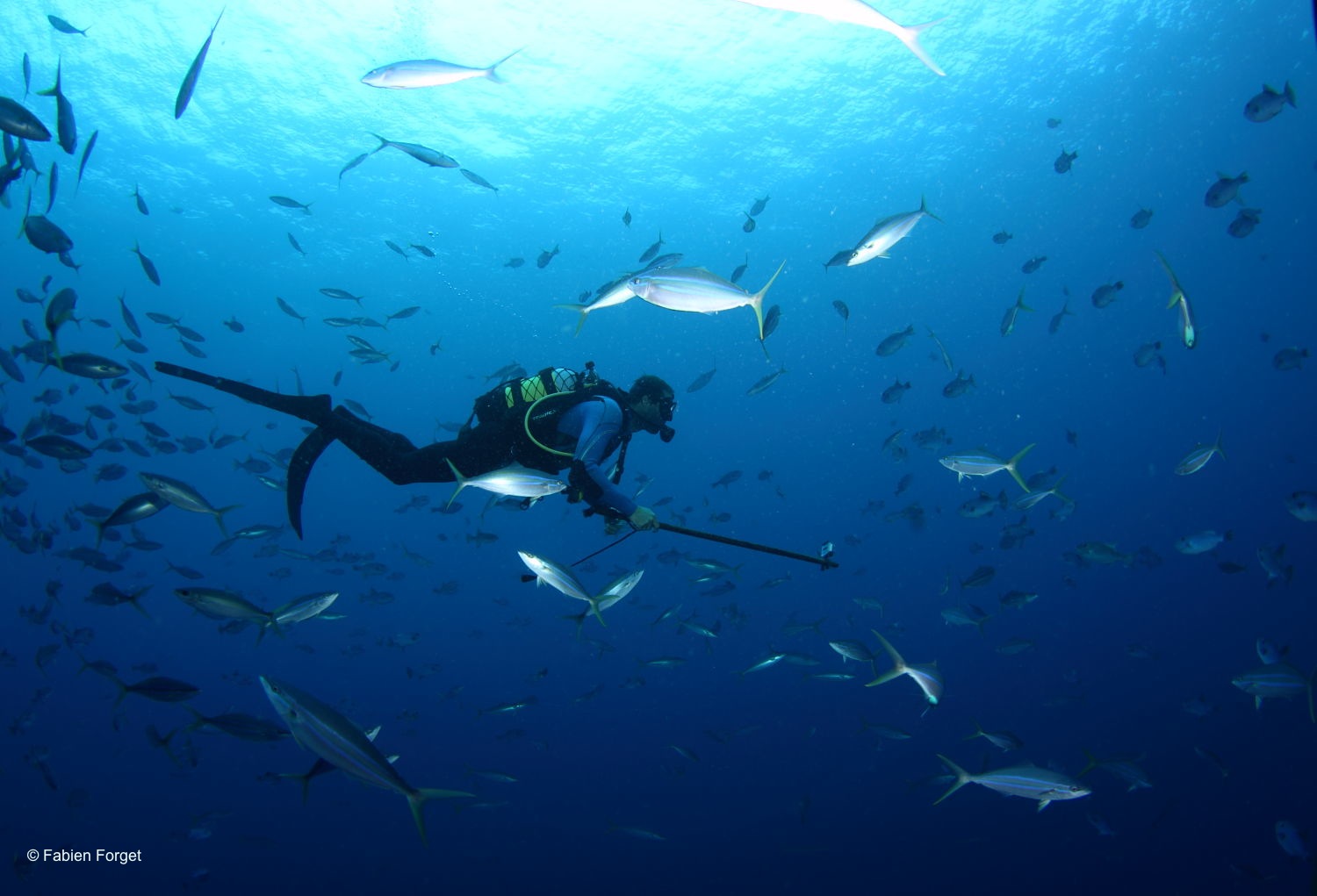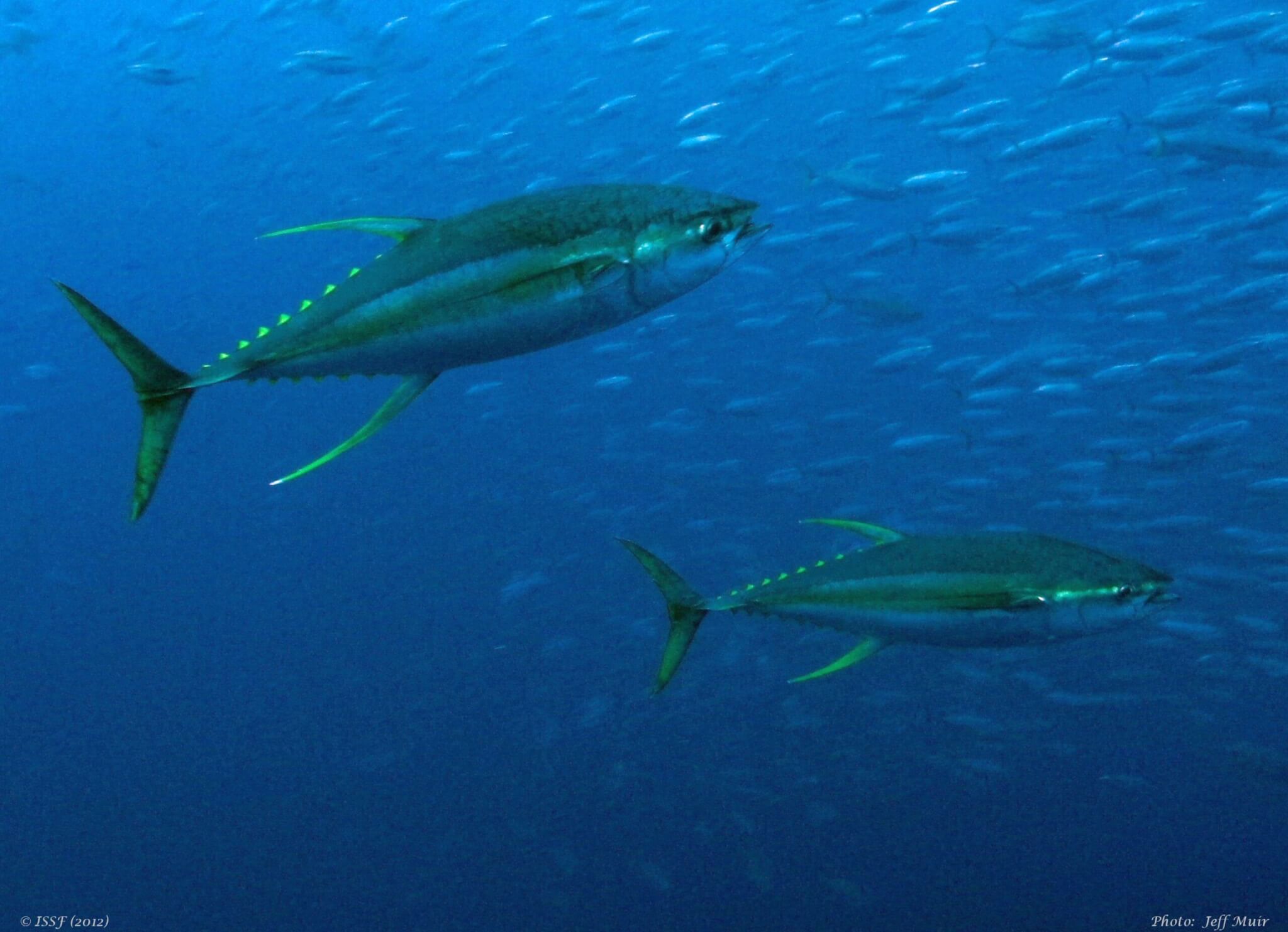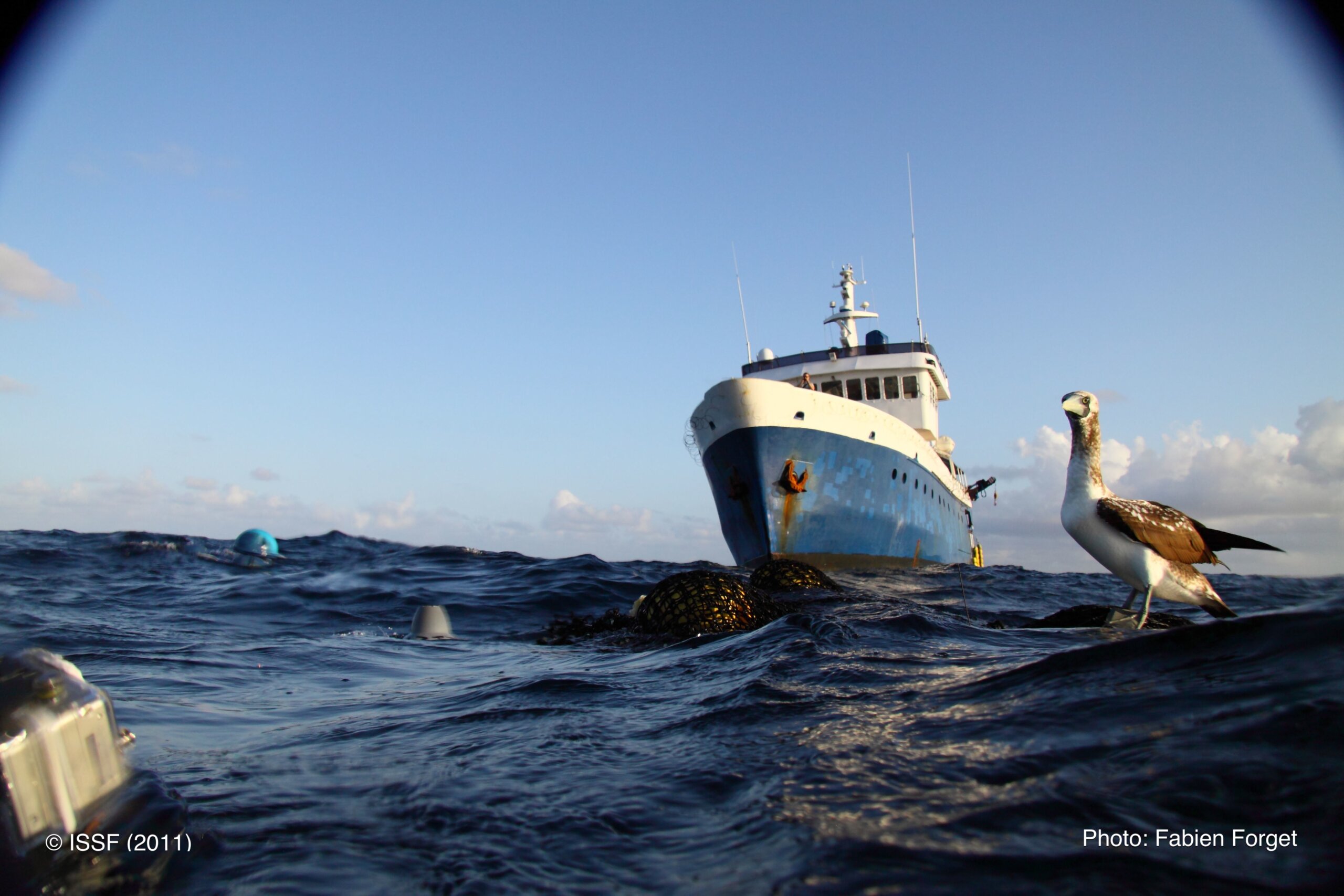BLOG: Recognizing Progress in Fisheries Management | PLUS Updated RFMO Best Practice Snapshots
Featured Content
Recognizing Progress in Tuna Fisheries Management
How RFMOs Are Advancing Four Key Components of Sustainable Fisheries
A growing share of the global tuna catch comes from stocks that are not subject to overfishing, thanks largely to continuously improving management by tuna regional fisheries management organizations (RFMOs). As an advocate and partner for science-based reforms, ISSF has played a catalytic role in driving many of these improvements.
Through targeted research, technical guidance, and the development of practical tools, ISSF has supported RFMOs in advancing key areas of fisheries management—particularly in strengthening compliance frameworks and expanding the use of electronic monitoring (EM). ISSF has also led pioneering research on fish aggregating device (FAD) designs, promoting the adoption of non-entangling and biodegradable materials to reduce ecological impacts and support sustainable fishing practices. These efforts have helped RFMOs build more transparent, accountable, and effective management systems.
Drawing from ISSF’s recently updated RFMO Best Practices Snapshots series and related content, here is a look at how tuna RFMOs have made significant strides across four fundamental aspects of sustainable fisheries management.
Featured Resource
RFMO Best Practices Snapshots
ISSF’s RFMO Best Practices Snapshots series offers an at-a-glance view of how the world’s major tuna RFMOs are performing against widely recognized best practices in fisheries management.
Updated regularly, the snapshots help stakeholders—including policymakers, industry leaders, and NGOs— track progress, identify gaps, and prioritize areas for action. By providing side-by-side comparisons across key sustainability topics like compliance, FAD management, and observer coverage, the series supports greater accountability and encourages continued improvements. The snapshots are a practical tool for fostering informed dialogue and driving science-based reforms at the RFMO level.
Featured Graphic
RFMO Best Practice Performance
An updated table shows which RFMOs are leaders — that is, following best practices in fishery management — in several categories: IUU Vessel List, Authorized Vessel Record, Compliance Assessment Process, EM and 100% Observer Coverage, Supply & Tender Vessels, VMS, Transshipment, and FAD Management.
Did you Know?
Explore all ISSF advocacy outcomes in our annual report, Science Leads the Way.



